A Beginner’s Guide To SEO – Boost Your Online Presence
The fact that you are reading this article explains how crucial having an online presence is for any individual or, more importantly, business. The best way to sell or promote anything online is to have an audience. Make sure as many eyeballs can check your content or product out.
The online world has just grown over the years and will continue to grow forever. This also challenges: How can your brand, services, or products stand out in the vast sea of information?
To solve your problem of being visible and being able to stand out amongst the vast sea of information on the internet is where your Search Engine Optimization (SEO) comes into the picture.
This beginner’s guide to SEO will introduce you to the world of SEO, explaining what SEO is, why it is essential, and how it can help your website reach its full potential.
What is SEO?
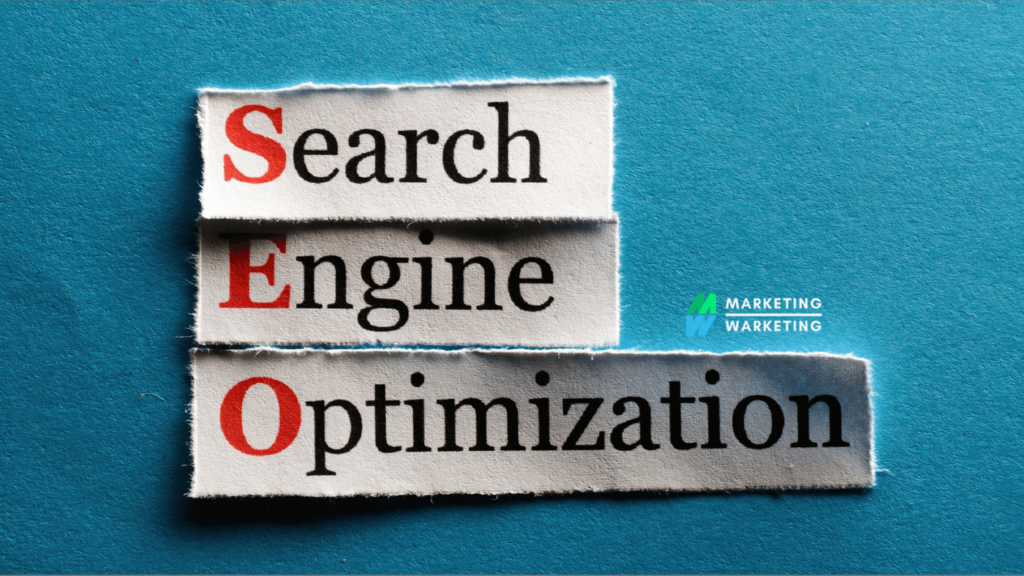
Search Engine Optimization (SEO), as the name suggests, you need to optimize your website, product, or services for the search engines. So that when anyone comes through the gates of a search engine, they are sent your way.
It is a strategic process to improve a website’s visibility in search engine results. When anyone out there types a query in a search engine like Google, DuckDuckGo, Yahoo, Baidu, or Bing. Search engines use complex algorithms to find the most relevant results for the user’s query.
SEO is all about better knowing how search engines work and improving your website in ways that make it more likely to show up high in the search results. The higher it shows up, the more likely a user will visit your website.
SEO makes a website easy for people and search engines to discover, use, and understand. It uses many different methods and tactics, which can be grouped into four main areas:
- Keyword Research
- On-page SEO
- Off-page SEO
- Technical SEO
We’ll delve deeper into each of these areas later in this guide.
The Importance of SEO

Why should you care about SEO?
The answer is simple: visibility.
The internet is vast, and search engines are the primary method most people use to find the information they want. Suppose your website appears outside the search results whenever someone searches for a topic related to your business. In that case, you must take advantage of a huge opportunity to reach potential customers.
SEO is essential because it increases your website’s visibility in the organic (non-paid) search results. When done correctly, SEO can help your website rank higher in these results, leading to more traffic and, ultimately, more customers.
Paid advertising requires you to pay each time someone clicks on your advertisement (Pay per click). Still, organic traffic produced by SEO is almost free.
Furthermore, SEO is not just about attracting traffic—it’s about attracting the right traffic. By targeting specific keywords that are related to your business, SEO lets you get people to your site who are potentially interested in what you have to offer. This targeted approach makes SEO incredibly effective for reaching your ideal audience and driving business growth.
SEO Basics
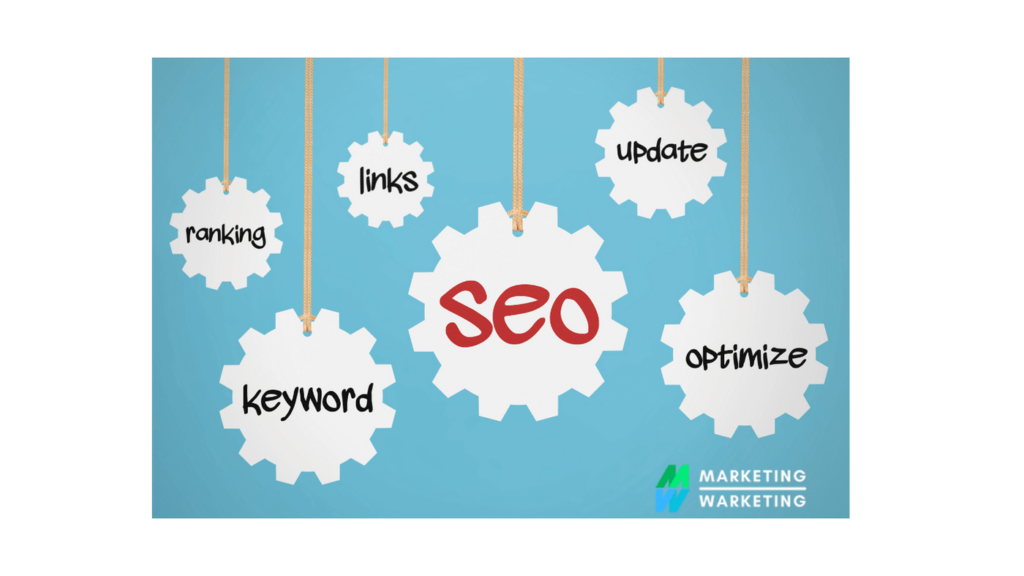
Keyword Research
“Key” “words” are the words and phrases people type into search engines. They are the key to the user’s questions that get them the search results. They connect a user’s search question to the information on your website. Keyword research is discovering and finding the words or word phrases that are most important to your business website and that your target audience may use when looking for products or services online.
You can do Keyword research by using several tools that are available in the market. If you think about it, every advertisement publisher will have some research that will provide you with basic information about the keywords of interest.
Tools like Google’s Keyword Planner, ahrefs, ubberSuggest, and SEMrush, are the most popular ones that you can use.
Keyword Research means that you are going to research your keywords. It makes sense, too; before you create an article or a set of articles, you need to understand the target audience for those articles. Every piece of resource you create online needs to have a targeted audience.
These Keyword research tools can help you find keywords related to your business. These tools can provide information like search volume (how many people put a particular keyword in their search intent) and competition (how many other websites target the same keyword).
On-Page SEO
As the name indicates, on-page SEO deals with optimizations you can do on the page or resource being served. This involves optimizing the two crucial aspects of your web page. First is the content, basically the information on the page, and the other is the page’s HTML source code.
This includes using keywords in strategic places like the title, headers, and content body. It also involves optimizing meta tags, URL structure, and image alt text.
Any search engine’s goal is to make the user happy, and if you make it easy for search engines to find your content, their algorithms will favor it.
Off-Page SEO
Off-page SEO refers to things you can do outside your website that affect your rank on Search Engine Results Pages (SERPs).
This primarily involves building high-quality backlinks, links from other websites to your own. Backlinks from other websites are like votes of confidence; they tell search engines that your content is influential and trustworthy.
Technical SEO
Technical SEO involves optimizing your website for the crawling and indexing phase.
This includes ensuring your site works well on mobile devices, making the site faster or better, making an XML directory, and using SSL security.
SEO Strategies

To make a good SEO strategy, you need to combine all the different parts of SEO into a single plan. This means studying keywords, optimizing your on-page features, building high-quality backlinks, and ensuring your website is technically solid.
SEO strategies can include and target any of the below areas:
- Content Creation
- On-Page Optimization
- Off-Page Optimization
- Technical SEO
- Local SEO
- SEO Analytics and Reporting
SEO Tools
There are numerous SEO tools available that can help streamline and enhance your SEO efforts.
Google Analytics, for example, is a powerful tool that can provide insights into your website’s traffic and user behavior.
Other popular SEO tools include SEMrush, Ahrefs, and Moz, which offer features like keyword research, backlink analysis, and SEO audits.
SEO vs. SEM
SEO stands for Search Engine Optimization
SEM stands for Search Engine Marketing
While SEO focuses on improving your website’s organic search rankings, Search Engine Marketing (SEM) involves paid advertising strategies like Google Ads or Bing Ads.
SEO and SEM aim to increase visibility in search engines, but they do so differently. Combining SEO and SEM strategies can provide a well-rounded approach to search engine visibility.
The Future of SEO
SEO is an ever-evolving field. As search engines keep changing their formulas, staying current with the latest SEO methods and trends is essential.
Some upcoming trends include the growing importance of mobile SEO, the rise of voice search, and the increasing impact of artificial intelligence on search algorithms.
Conclusion
SEO is the backbone of digital marketing. Understanding and implementing SEO strategies can increase your website’s visibility, attract targeted traffic, and ultimately grow your business.
While SEO can be complex, this guide provides a solid foundation for beginners to start their SEO journey.

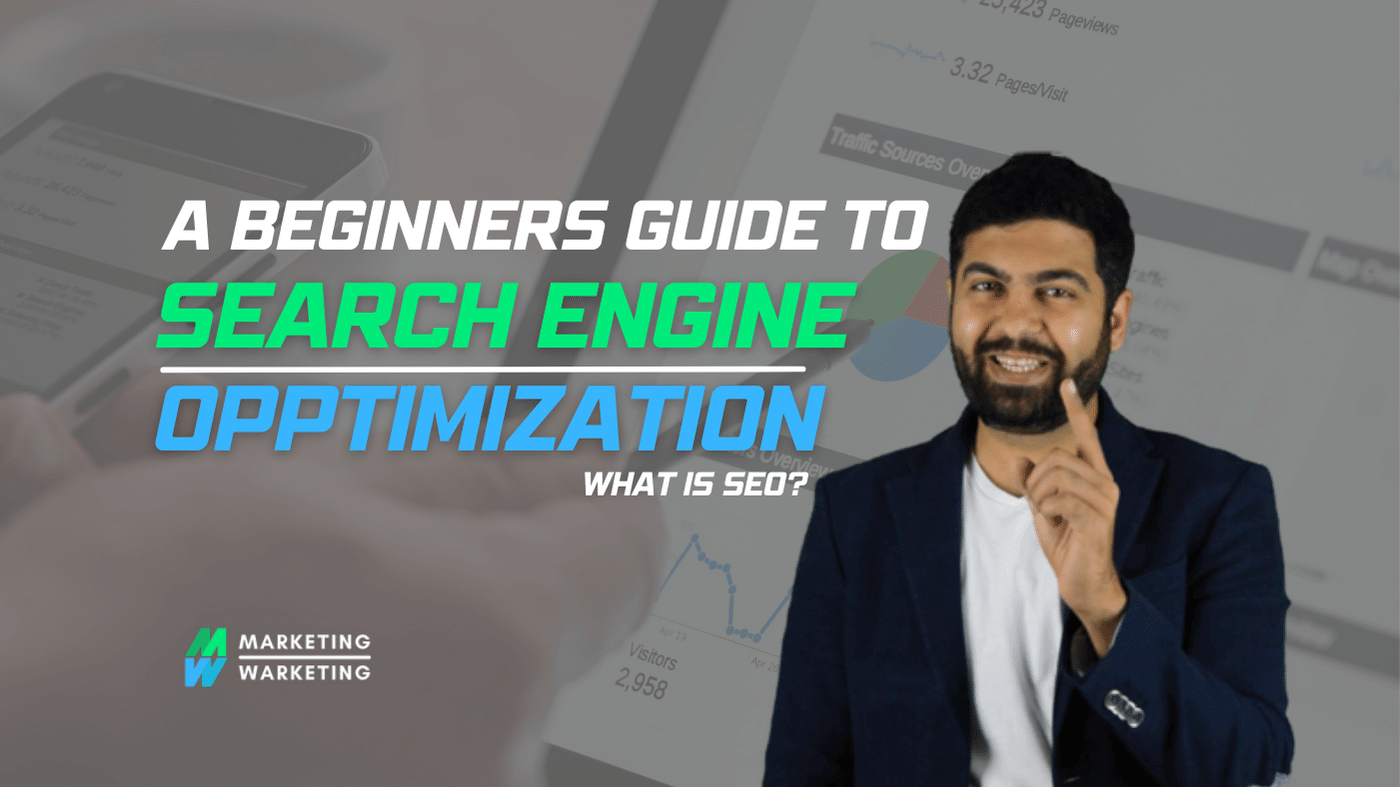



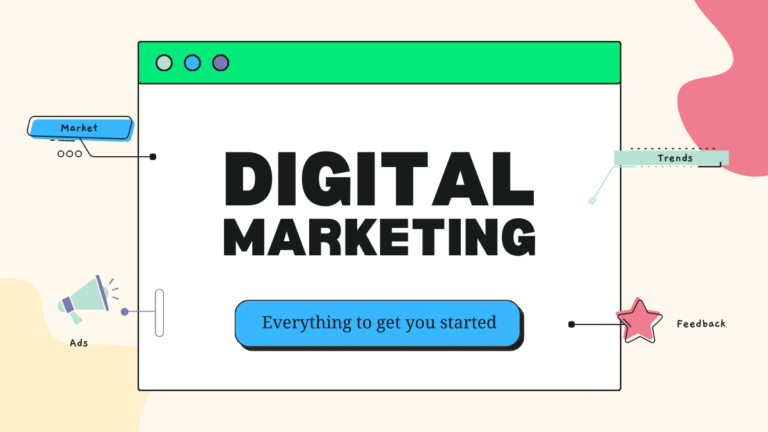
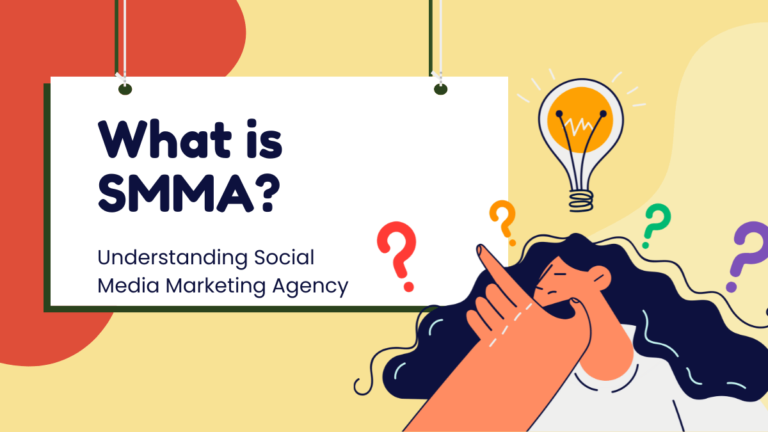

One Comment